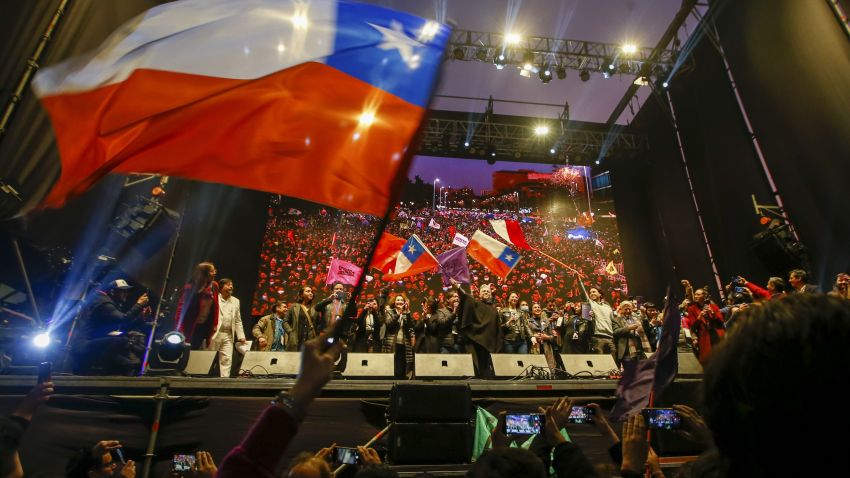Chileans will vote Sunday in a referendum to determine whether or not to replace the country’s Pinochet-era constitution with one drafted by a Constituent Assembly that submitted its final text to President Gabriel Boric in July. The most recent polling shows the “No” camp with a significant lead, but one that has narrowed since the draft constitution was finalized.
The referendum is the culmination of a process that began with spontaneous protests that erupted in October 2019 over a proposed subway fare hike in Santiago, the capital. The government responded with a militarized crackdown that left 18 dead, shocking democratic sensibilities in a country where memories of the military dictatorship under Augusto Pinochet remain prominent.
The demonstrations quickly expanded, as did the grievances and demands of protesters, who soon began calling into question the neoliberal model that had endured relatively unchanged since it was adopted by the Pinochet dictatorship. That model had ensured a level of economic stability and effective governance that made Chile the envy of South America. But it was also responsible for social and economic inequalities that festered for years, until finally exploding in the uprising of 2019.

